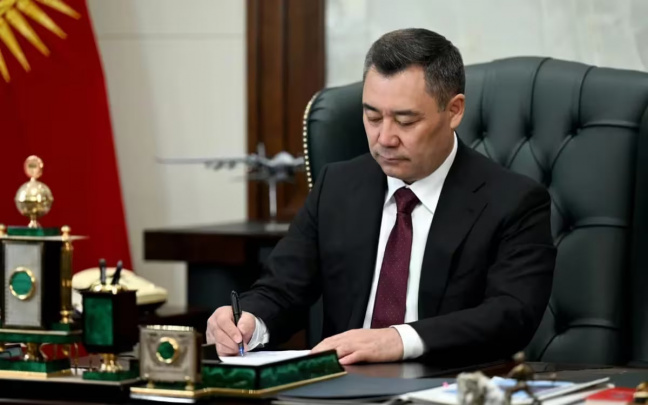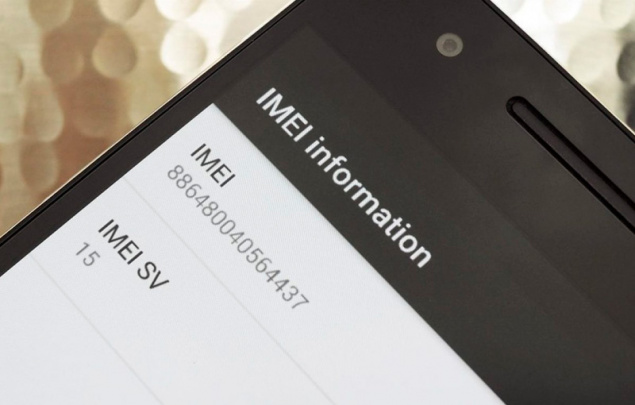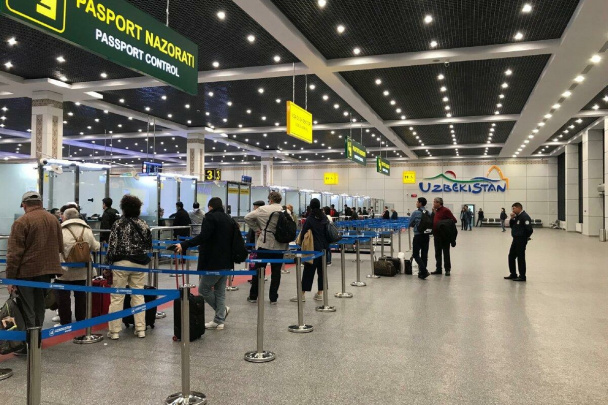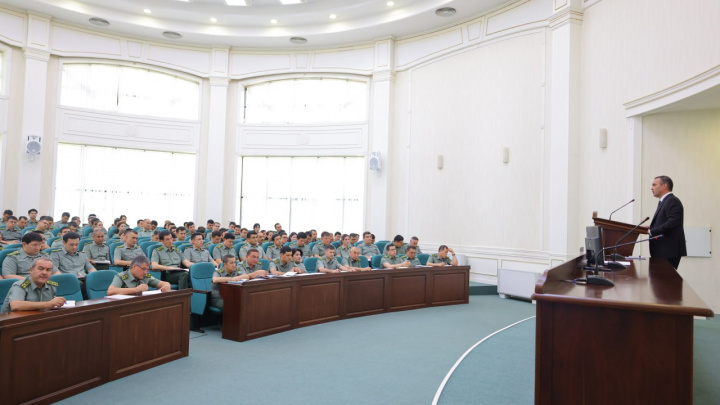Uzbekistan to launch paid fast-track service at border customs
Starting May 1, 2025, Uzbekistan will introduce a paid "Fast-Track" service at border customs posts, allowing travelers to bypass standard queues through dedicated lanes. The service, designed to speed up passport and customs control, will cost 15% of the base calculation unit, currently 56,000 UZS. According to the Customs Committee, this optional service will not disadvantage other travelers or limit their rights.
How will this service work, and could it lead to unnecessary congestion? Customs Committee press secretary Khusan Tangriyev addressed these questions from Kun.uz.
What does this service offer?
"First and foremost, it is voluntary — there is no obligation to use it. Whether we like it or not, time is money, especially in business. For example, participants in foreign economic activities, businesspeople, and investors often seek to cross border customs posts faster, which is natural. This mechanism is already in use worldwide. A separate lane will be available, and this will not result in discrimination against or restriction of rights for other travelers," said Khusan Tangriyev.
Additionally, according to the relevant regulations, individuals with mental or physical disabilities will be exempt from the service fee. Payments can be made via mobile applications or at commercial bank branches available at border checkpoints.
Technological innovations in customs processes
Khusan Tangriyev also mentioned that customs representatives are currently in Singapore, exploring solutions to various challenges.
"For instance, transportation costs were previously calculated based on information provided by entrepreneurs and participants in foreign economic activities. Now, efforts are underway to develop a module that will use artificial intelligence to automatically calculate transport expenses — for example, the costs incurred by a single transport vehicle traveling to Europe. Similarly, AI is also being employed to automatically identify product codes by analyzing X-ray images, contract details, and the product’s classification within the foreign economic activity commodity nomenclature," he stated.
Previously, entrepreneurs frequently had to contact the central customs laboratory to determine the correct product code. If AI-based automatic product classification is implemented, it will save businesses time and expenses while expediting the declaration process.
"In Singapore, 80-90% of customs declarations are submitted before the goods even arrive. We have a similar practice, but it has not yet reached that level. The most significant expected outcome of AI implementation is reducing human involvement in customs clearance processes, thus minimizing interactions with customs officers," Tangriyev added.
In 2024, more than 1 million customs declarations were processed in Uzbekistan, with 10% of them completed without human involvement.
Recommended
List of streets and intersections being repaired in Tashkent published
SOCIETY | 19:12 / 16.05.2024
Uzbekistan's flag flies high on Oceania's tallest volcano
SOCIETY | 17:54 / 15.05.2024
New tariffs to be introduced in Tashkent public transport
SOCIETY | 14:55 / 05.05.2023
Onix and Tracker cars withdrawn from sale
BUSINESS | 10:20 / 05.05.2023
Latest news
-
Health Ministry warns of allergy risks during extreme heat
SOCIETY | 15:01
-
Alisher Kadirov: Lenient punishment for women could normalize violent crimes
SOCIETY | 15:00
-
Tashkent increases spending on mid-road barriers nearly fivefold, sparking public debate
SOCIETY | 14:56
-
Authorities consider new rule for taking cars abroad after Kun.uz investigations
SOCIETY | 14:47
Related News

16:14 / 19.07.2025
Kyrgyzstan ratifies treaty on tripoint border with Tajikistan and Uzbekistan

17:40 / 16.07.2025
Customs Committee responds to rising IMEI registration costs, blames unauthorized imports

15:47 / 15.07.2025
Uzbekistan tightens duty-free import rules starting July 20

16:46 / 11.07.2025



